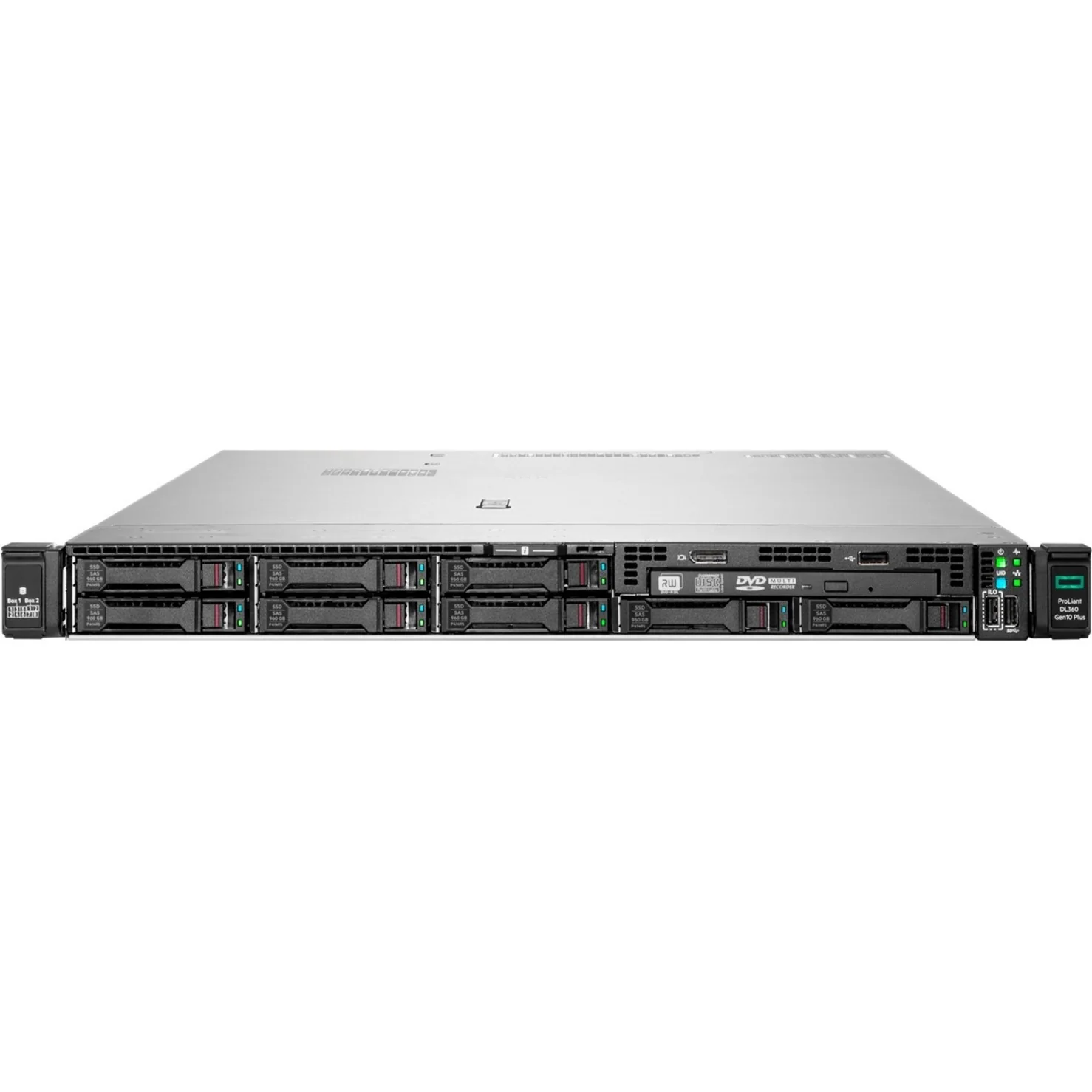memory of server
Server memory is a critical component of modern computing infrastructure, serving as the primary workspace for active data processing and temporary storage in server systems. This specialized form of RAM is designed to handle enterprise-level workloads with enhanced reliability, speed, and capacity compared to standard desktop memory. Server memory modules typically feature Error Checking and Correction (ECC) capabilities, which detect and correct memory errors automatically to maintain data integrity and system stability. These modules are available in various configurations, including RDIMM (Registered DIMM) and LRDIMM (Load Reduced DIMM), each optimized for specific server applications and workloads. Modern server memory supports high-speed data transfer rates, often exceeding 3200 MHz, while maintaining low latency for optimal performance. The capacity of server memory can range from several gigabytes to terabytes per server, enabling the simultaneous processing of massive datasets and multiple virtual machines. This robust memory architecture is essential for supporting critical business applications, database operations, virtualization environments, and cloud computing services.


